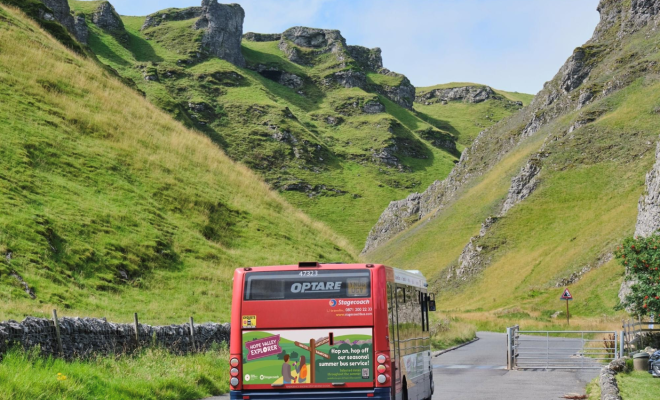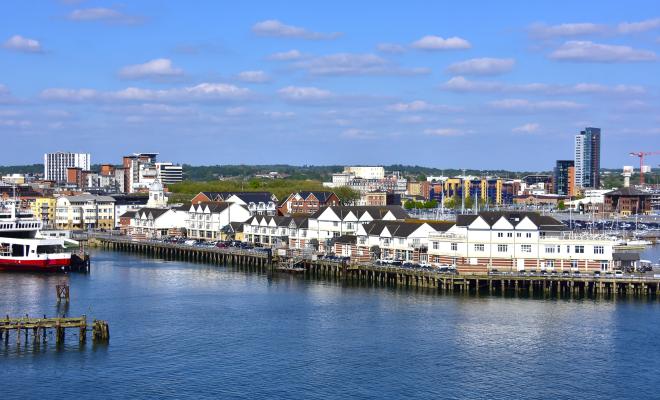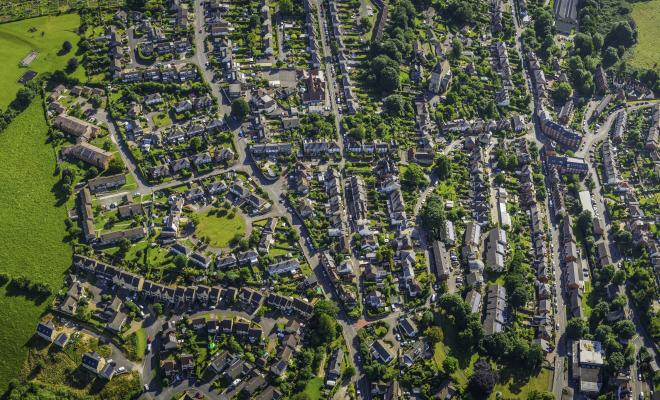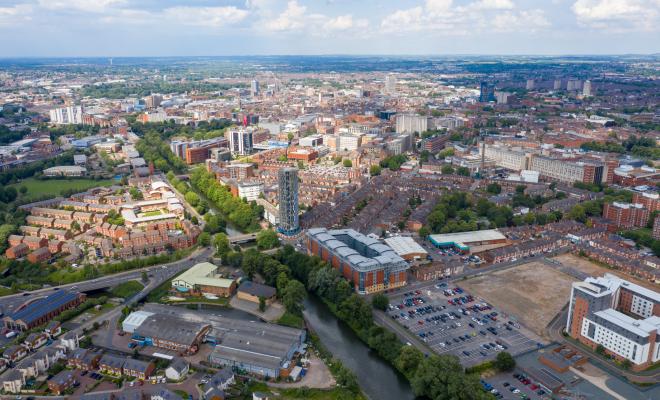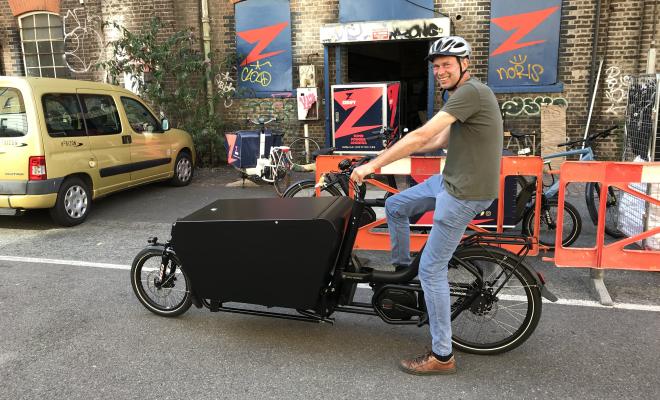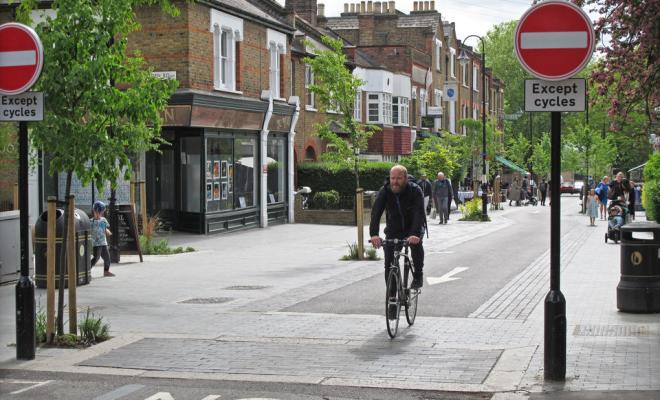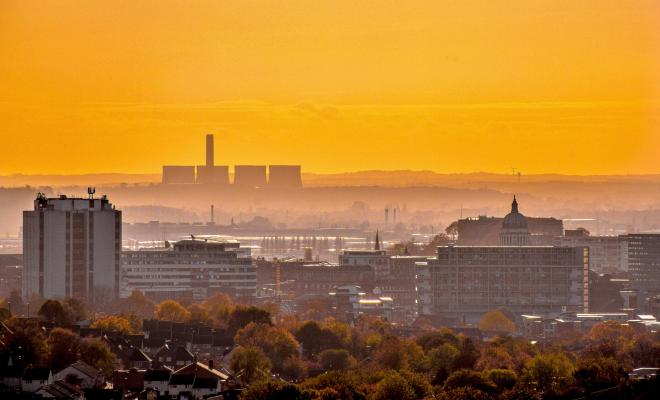Transport
20 Sep 2024
Hope Valley Climate Action is collaborating with Derbyshire County Council to encourage active travel, improve public transport and decrease car use in the community. Prioritising transport investment in walking, cycling and public transport forms Action 21 in the 50-point Climate Action Plan for Councils.
20 Sep 2024
Reducing car use and encouraging active travel can help reduce emissions and lower pollution levels. Under its Streets for People strategy, Southwark Council is expanding on earlier measures, part-funded by a local health charity, to encourage active travel and support areas most affected by child obesity and poor air quality. Reducing car use forms part of Action 23 of our 50-point Climate Action Plan for Councils.
20 Sep 2024
Learn how regional transport bodies can boost low-carbon travel. Ensuring the Sub-national Transport Body strategy is in line with carbon budgets, is Action 41 of the 50-point Climate Action Plan for Councils.
20 Sep 2024
Learn how Southampton has cut air pollution by supporting greener taxis, buses and deliveries. Reducing air pollution is part of the 50-point Climate Action Plan for Councils, under Action 22: put in place Clean Air Zones, with charges if needed.
20 Sep 2024
Learn how Stroud District Council is using development planning to cut car use. Making developments strategic like this is one of 50 climate actions for councils, under Action 28, to reduce the need to own and use a car by requiring that the location and design of new developments be accessible by safe cycling, walking routes and good quality public transport, and situated close to key services.
20 Sep 2024
Learn how Leeds City Council is making all its vehicles electric and helping residents and businesses do the same. Transitioning to electric vehicles is one of 50 climate actions for councils, under Action 25, to deliver a rapid transition of the council’s own fleet to electric vehicles.
20 Sep 2024
Learn how Leicester City Council’s active travel strategy is boosting bus use and cycling in the city. This investment forms part of the 50-point Climate Action Plan for Councils under Action 21, to prioritise transport investment in cycling, walking and public transport, with a priority of installing segregated cycleways on most roads, increasing space for pedestrians, and introducing a 20 mph speed limit in urban areas.
20 Sep 2024
Learn how Brighton and Hove City Council is pioneering electric cargo bikes for clean and efficient city-centre deliveries. This scheme forms part of 50 climate actions for councils under Action 26, to require an electric vehicle or bike to be used for deliveries to the council and encourage greener deliveries across the area by setting up an area-wide distribution centre.
20 Sep 2024
Learn how Durham County Council is encouraging a shift to electric vehicles by installing more than 200 charging points. This approach forms part of the 50-point Climate Action Plan for Councils under Action 20 – to enable a rapid shift to electric vehicles by installing electric vehicle charging points.
20 Sep 2024
Learn how Waltham Forest engaged the local community to drive positive climate action that would last. Engaging the community is Action 3 in the 50-points Climate Action Plan for Councils, to use additional decision-making approaches for complex or contentious choices, such as representative citizen assemblies or citizens’ juries, participatory mapping and budgeting etc.
20 Sep 2024
Learn how Nottingham City Council raised money from a workplace car parking levy to fund sustainable transport, focusing on safe travel like segregated cycleways. Parking levies form part of Action 7 in the 50-point Climate Action Plan for Councils, to introduce a workplace car parking levy and/ or similar initiative to fund and encourage sustainable transport.
These case studies were produced by Ashden and Friends of the Earth, with support from ADEPT (Association of Directors of Environment, Economy, Planning and Transport), Climate Emergency UK, Grantham Institute (Climate Change and the Environment, Imperial College London), London Environment Directors’ Network (LEDNet), and My Society.


